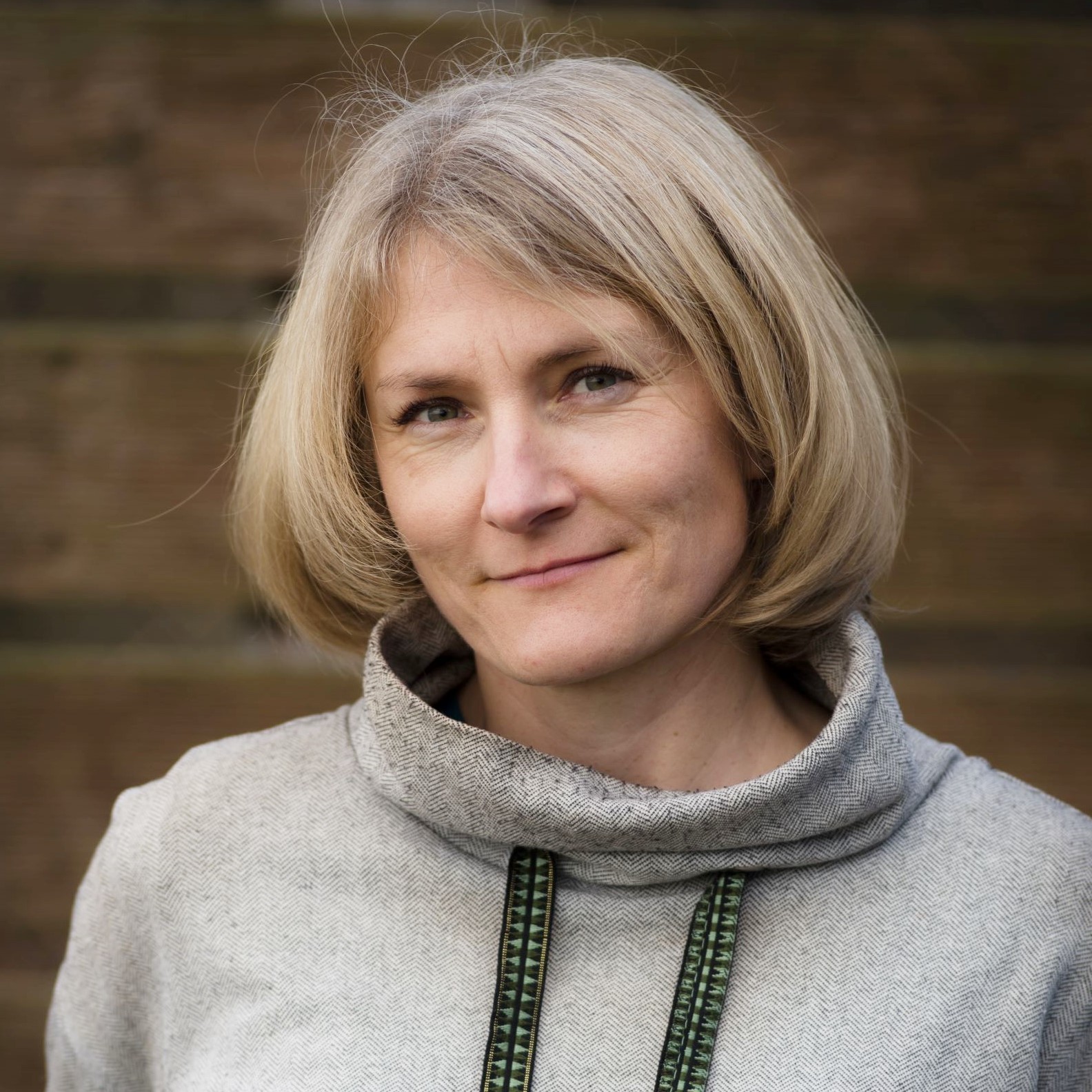Prof. Dr. Katarina Zigova (English only)
Prof. Dr. Katarina Zigova graduated from Comenius University in Bratislava (2000) and the Institute for Advanced Studies in Vienna (2002) with degrees in Mathematics and Economics. After graduation, she worked as a consultant for the United Nations (UNIDO in Vienna and UNDP in Bratislava) for six years before starting her PhD studies in Quantitative Economics at the University of Konstanz. Since her PhD in 2014, she has been a postdoctoral researcher at the Universities of Konstanz and Freiburg, and since October 2021, she has been conducting research at INCHER (International Center for Higher Education Research) at the University of Kassel.
Short interview with Prof. Dr. Katarina Zigova
What influenced your career decisions?
People. On many occasions I have met people who professionally inspired me. Starting from my family and friends to my teachers and colleagues. Sometimes it was just a word or two, pointing out some economic aspect, sometimes it was a longer discussion on a societal or political issue. But I believe there were two truly pivotal people.
The first such a person was Brian O’Neal1, an earth scientist, who has organized a research group in IIASA in Laxenburg. Early in my career, I was part of the group and spent five great years within. Brian was not only an enthusiastic and a highly productive researcher, he also organized the group in a very efficient way–we all knew what our tasks are, where do they lead and how do they interact with the tasks of others. We also had a lot of fun as a group. After these five years I had such a great appetite for doing research in general.
The second such person was Henry Ursprung2, my doctoral supervisor from Uni Konstanz. He has made me truly enthusiastic about research in economics. He had a lot of good sense for relevant studies in economics and conveyed to me the art of spotting them. He was also an interesting person beyond being just an economist. He was an enthusiastic reader of fiction and was an art admirer and an old books collector, too. He knew the life of any person, even more so a researcher’s life, should grow along several dimensions to be comprehensive.
What achievement in your life are you particularly proud of?
I am proud of being a mother of three children and still being able to climb up the academic ladder, albeit on a slower path. Many people, including myself, were doubting whether this would be possible in a lifetime. I also hurry up to say that this is a result of synergies between my family, reliable childcare, good health, and a random element, too. Still, my contribution in today’s outcome was to keep going and resist the hard times.
Where do you get inspiration from for your work?
We are standing on the shoulders of giants thus reading economic literature is the main source of inspiration for me. Beyond classics I like to read review articles, and seminal contributions to topics I am interested in. And I always read articles of my colleagues and my colleagues’ recommendations. Beyond that I am keen on good writing and read books in general, and newspaper articles, too. In the more recent past, I read less but listen more. I listen to podcasts and audio books, and keep an eye on twitter, too. Economic research uses a combination of knowledge from mathematics, history, politics, and philosophy (free adaptation after M. J. Keynes). Thus, we economists have to embrace it all—in some degree.
According to your opinion, what will distinguish our Faculty in five years' time?
Well, this is the hardest question of all. I try to answer this question as a trained economist–looking at the input expect the output. Many people in the faculty currently deal with pressuring issues of our times: climate change and adaptation, big data, data privacy issues, sustainable finance, etc. I keep my fingers crossed for these researcher teams to help us in providing evidence-based answers to those issues. Even if research is a risky endeavor, I am sure some of them succeed and so distinguish the faculty. As for me and the Leading House team at the IBW, we would like to provide more evidence on individual and societal contributions of vocational education and training. Switzerland has a thoroughly developed vocational education system. I am convinced it is an important element behind the continuous success of this country.
Why would you recommend studying at our Faculty to young women holding their Matura (Swiss university entry qualification)?
Search for ways to be to be self-complacent but useful for society, using your talents and training investment in an optimal way. And keep in mind, this is not your early-in-life decision, this is your lifelong task.
______________________________
1 Brian O’Neil, Pacific Northwest National Laboratory, WA, USA (https://www.pnnl.gov/people/brian-oneill)
2 Heinrich W. Ursprung (1951-2021) was a Swiss political economist. His last affiliation was University of Konstanz. For more details read, e.g., an obituary written by his coauthor and lifelong friend Arye Hillman (https://link.springer.com/article/10.1007/s11127-021-00932-8)
